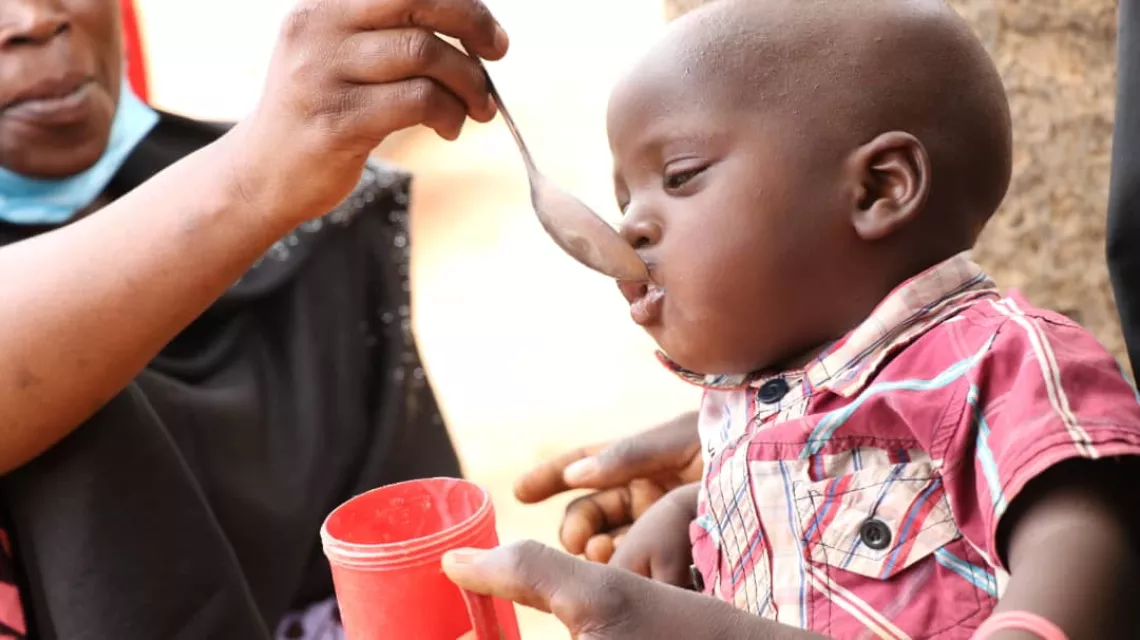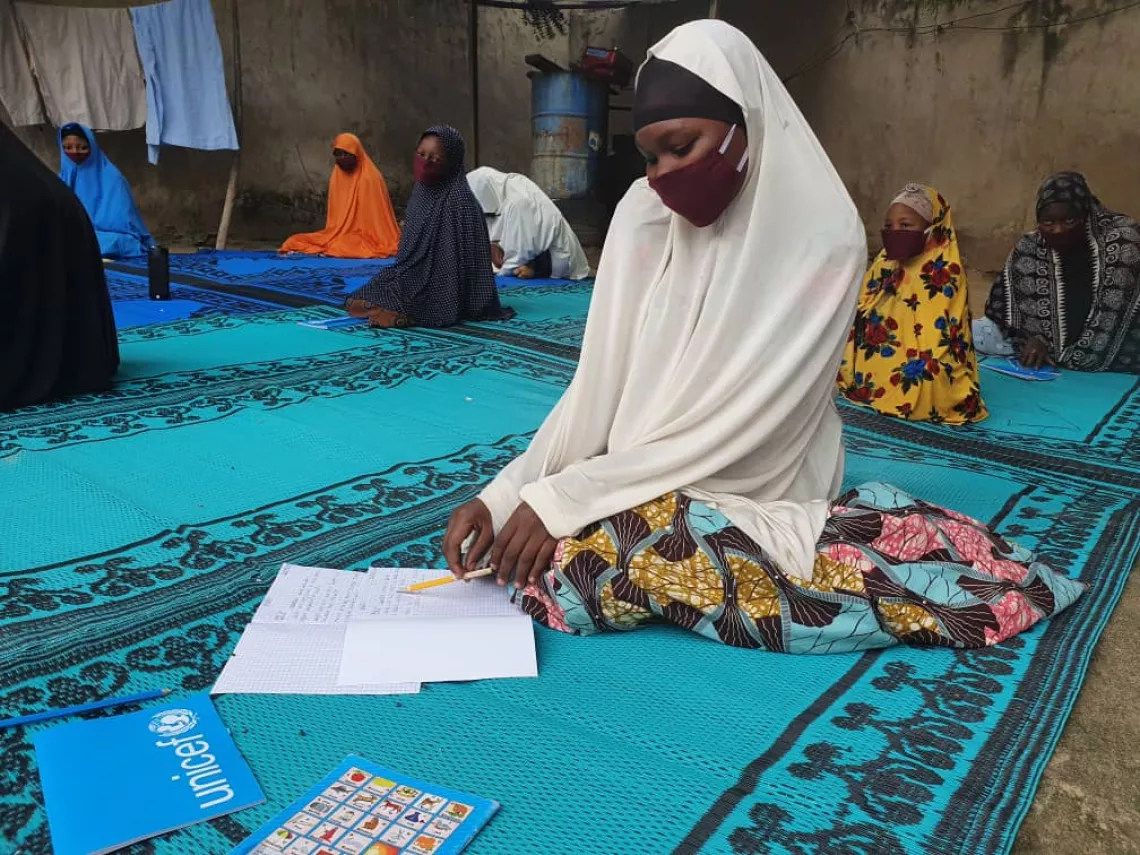Nigerian Children: A Story of Resilience and Promise
UNICEF is supporting Nigerian children to rise above disruptions created by COVID-19

Children are at a much lower risk of contracting and dying of COVID-19 than adults, but they have been disproportionately affected by the pandemic in Nigeria, as elsewhere.

Measures to contain the spread of the virus have often escalated the violation of children’s rights, including sexual and gender-based violence.

Job losses and high food prices due to the pandemic have increased poverty, leading to unprecedented levels of food insecurity, childhood malnutrition and rising rates of child marriage. In West Africa and Central Africa, malnutrition is now the single largest killer of children under five and 10 million more girls could be married by 2030.

Learning has changed for children. In Nigeria and elsewhere, the architecture of classrooms has been altered to include temperature checks, face masks, sanitisers and social distancing.

Double shift schooling and radio lessons have become the norm, including in hard-to-reach locations, to foster inclusion and learning equality.

Across Nigeria’s north-east, thousands of radio clubs help bridge the learning gap created by COVID-19. UNICEF is supporting state governments to train teachers and community members to prevent and report COVID-19 infection, as well as gender-based and sexual violence.

UNICEF still needs $179.2 million to deliver nutrition, education and water, sanitation, and hygiene services for the most at risk children in Nigeria.

For every child, a fair chance!
